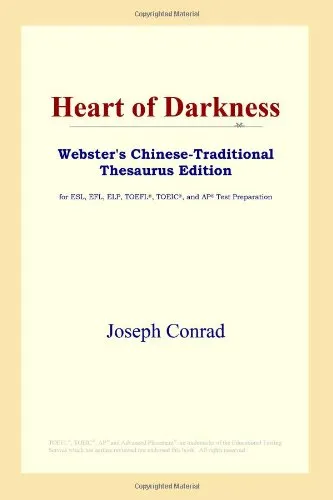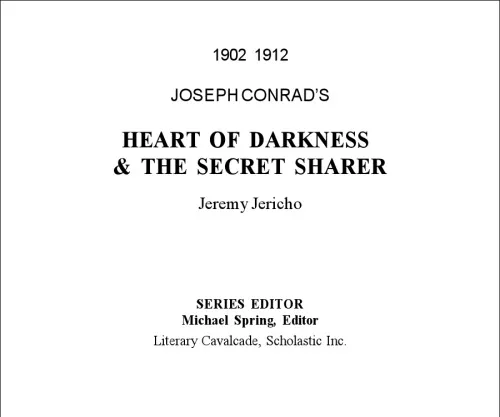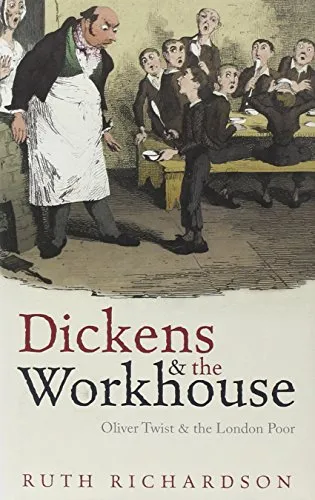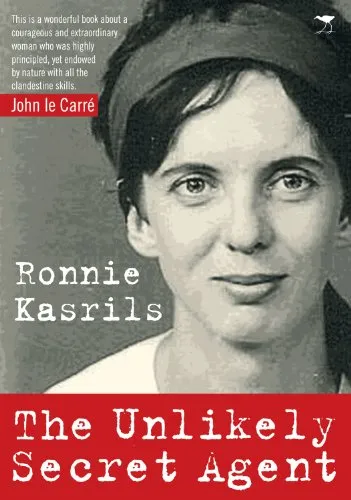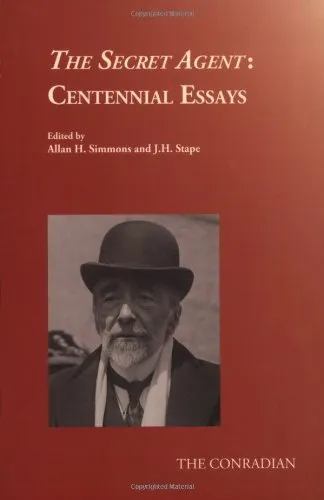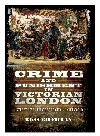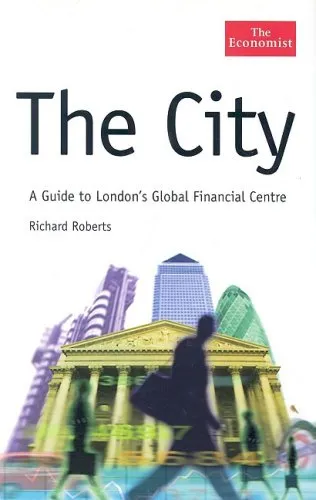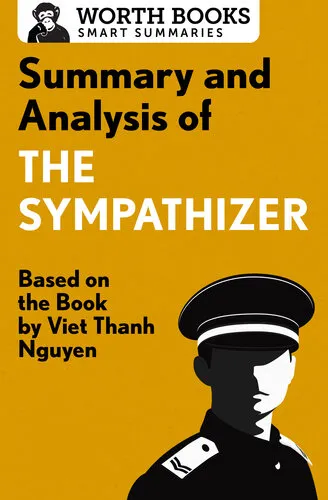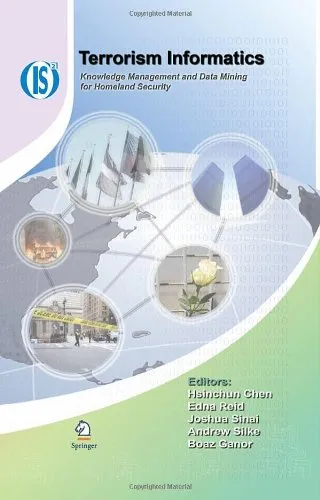The Secret Agent by Joseph Conrad
4.3
Reviews from our users

You Can Ask your questions from this book's AI after Login
Each download or ask from book AI costs 2 points. To earn more free points, please visit the Points Guide Page and complete some valuable actions.Related Refrences:
Introduction to "The Secret Agent" by Joseph Conrad
Joseph Conrad's "The Secret Agent" is a profound exploration of political intrigue, revolutionary fervor, and the murky human motivations that drive acts of violence and betrayal. First published in 1907, this novel remains a seminal work of early 20th-century literature, reflecting on the persistent themes of anarchism, terrorism, and moral ambiguity.
Detailed Summary of the Book
Set against the backdrop of London in the late 19th century, "The Secret Agent" unfolds the tale of Adolf Verloc, a lethargic and self-serving spy who operates a sleazy shopselling pornographic material. Verloc is ostensibly an informant for the police but is also secretly working for an unnamed foreign embassy. His life takes a dramatic turn when he is tasked to orchestrate a bombing at Greenwich Observatory, intended as a symbolic act to provoke British authorities into cracking down on revolutionary groups.
The novel navigates through the complex web of characters interconnected with Verloc, including his unsuspecting wife, Winnie, who is devoted to her developmentally delayed brother, Stevie. As the plot advances, the operation spirals into chaos, and the bombing leads to catastrophic consequences, unraveling the twisted threads of loyalty, deception, and unintended tragedy.
Joseph Conrad masterfully builds tension through psychological depth, offering readers insight into the motivations and struggles of each character, especially as they grapple with their ethics, will, and the weight of their choices. By the end, "The Secret Agent" exposes not just the futility of Verloc's espionage but also the implosion of his personal life, making the novel an intricate study of human frailty more than just a political thriller.
Key Takeaways
- Exploration of ethical ambiguity in politics and personal life.
- Critical examination of the psychology behind terrorism and ideology.
- A portrayal of late 19th-century societal tensions and fears.
- Illustration of the fragility of personal relationships amid political chaos.
Famous Quotes from the Book
"All idealization makes life poorer. To beautify it is to take away its character of complexity—it is to destroy it."
“The terrorist and the policeman both come from the same basket.”
“Madness alone is truly terrifying, inasmuch as you cannot placate it either by threats, persuasion, or bribery.”
“Power is not a means, it is an end.”
Why This Book Matters
Conrad's "The Secret Agent" is significant not only for its intriguing narrative and character development but also for its foresight into the socio-political conflicts that would dominate the 20th century. Its themes remain frighteningly relevant today, as global terrorism and political unrest continue to pose challenges. Conrad’s exploration of the darker aspects of human nature, set against a vivid historical backdrop, provokes reflection on morality and justice, making it a timeless piece for reader contemplation.
Through a narrative that intertwines bleak humor with profound tragedy, "The Secret Agent" provides both an engaging story and a platform for considering the intricate web of motivations that define the human spirit, thus reinforcing its status as a crucial piece of literature. Whether examined for its narrative technique or its thematic prescience, Conrad’s work forms an essential component of the canon of political and psychological literature.
Free Direct Download
You Can Download this book after Login
Accessing books through legal platforms and public libraries not only supports the rights of authors and publishers but also contributes to the sustainability of reading culture. Before downloading, please take a moment to consider these options.
Find this book on other platforms:
WorldCat helps you find books in libraries worldwide.
See ratings, reviews, and discussions on Goodreads.
Find and buy rare or used books on AbeBooks.
1377
بازدید4.3
امتیاز0
نظر98%
رضایتReviews:
4.3
Based on 0 users review
Questions & Answers
Ask questions about this book or help others by answering
No questions yet. Be the first to ask!


